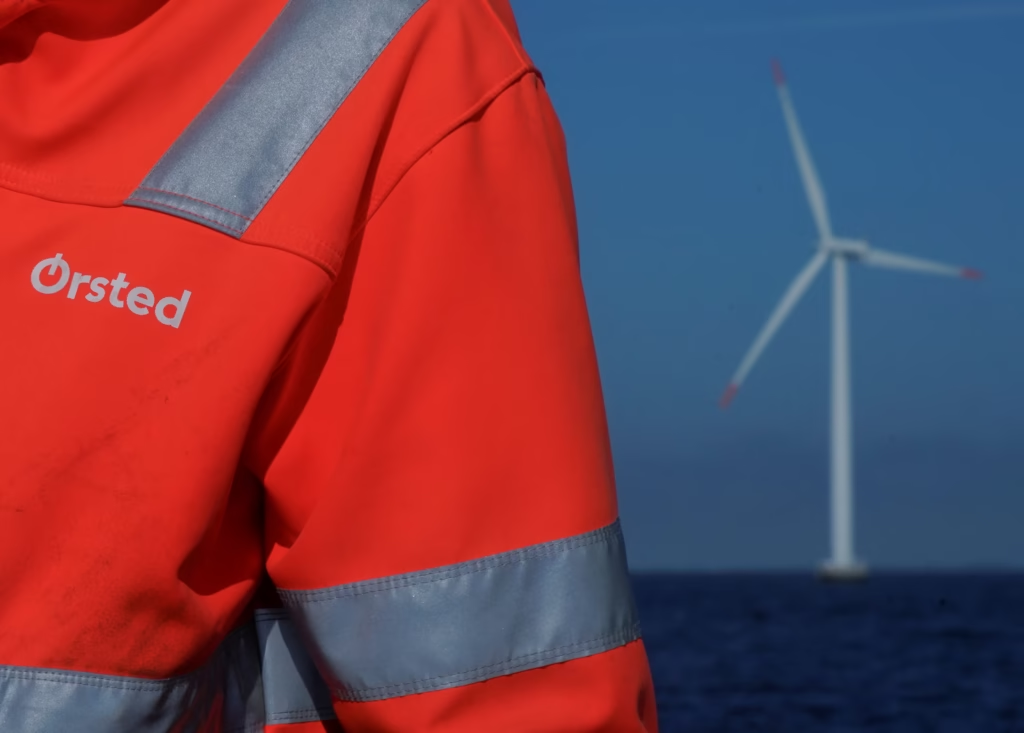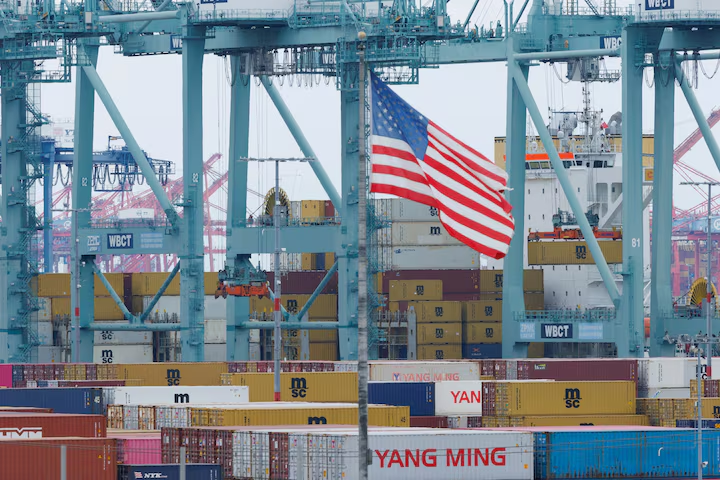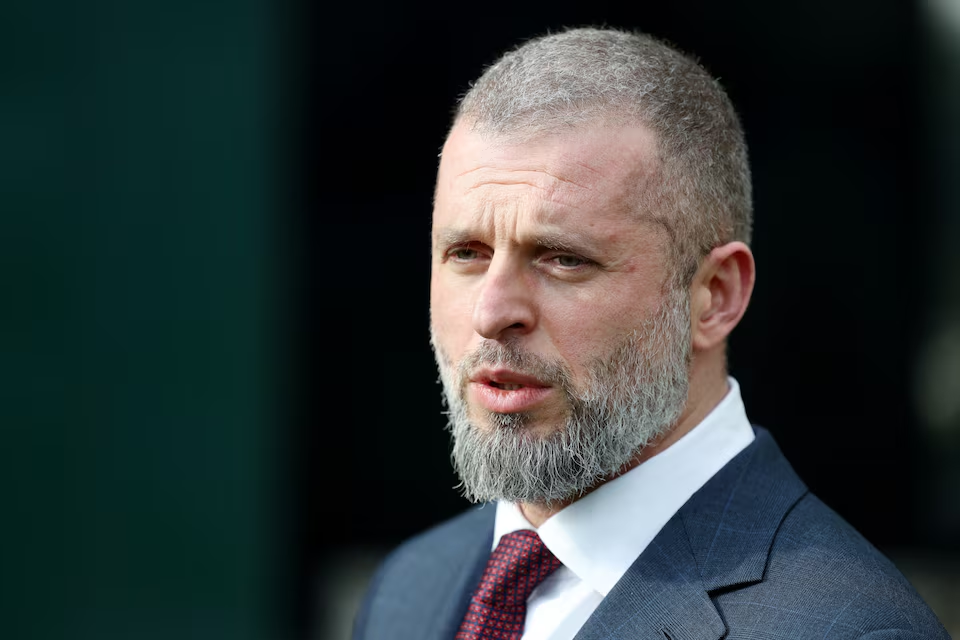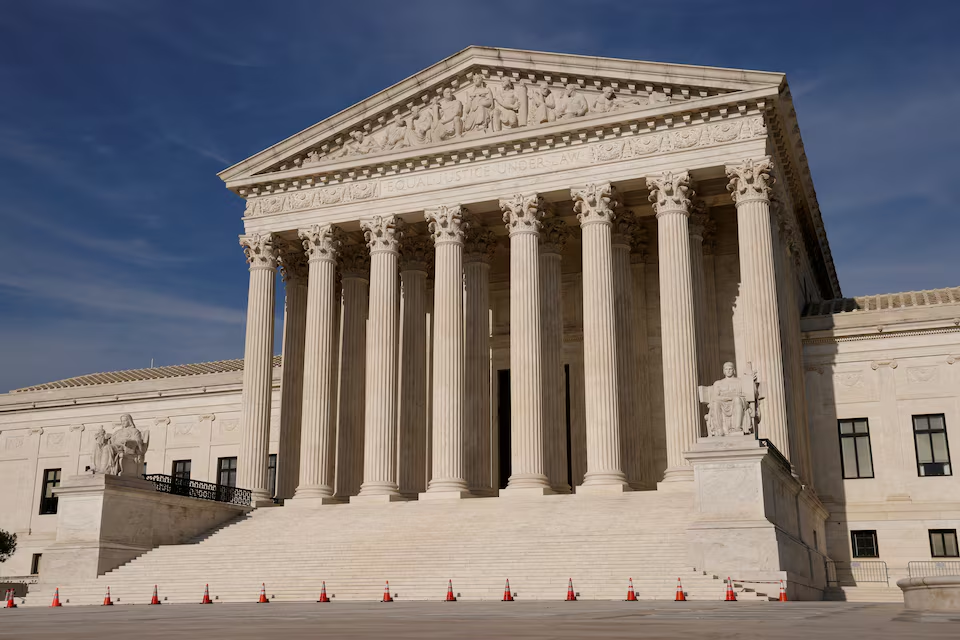Shares in Danish energy company Orsted rose sharply after a U.S. federal judge allowed it to restart work on an almost-completed offshore wind farm, easing immediate pressure on the company and delivering a temporary victory against the Trump administration’s campaign to curb renewable energy projects.
The court order, issued Monday, blocks the enforcement of a stop-work directive that had been imposed by the Bureau of Ocean Energy Management in late August. Orsted’s Revolution Wind project off the coast of Rhode Island was already about 80% finished, with nearly all foundations installed and 45 of its 65 turbines in place, when construction was halted.
According to Reuters, Orsted has been losing around $2 million a day since the suspension. Analysts now say the ruling reduces the immediate risk of a credit downgrade for the company, which is also navigating inflation, higher interest rates, and supply chain challenges while pushing through a $9.4 billion capital injection from shareholders.
Relief may be short-lived
Despite the injunction, uncertainty remains. The Trump administration has argued that Revolution Wind violates permitting conditions related to national security and scientific surveys, a claim Orsted disputes. Legal experts and financial analysts warn that the White House could still appeal the decision or seek new regulatory avenues to stall offshore wind projects.
Brokerage Sydbank noted the ruling’s positive effect on Orsted’s market position but cautioned that “political risk in the U.S. market remains high.” Shares surged more than 12% at the open before stabilizing with gains of about 6.5%.
Orsted said it intends to resume work “as soon as possible.” The company and joint-venture partner Skyborn Renewables have already committed about $5 billion to Revolution Wind and face more than $1 billion in potential breakaway costs if the project is canceled.
CEO Rasmus Errboe has warned that delays beyond October could inflate expenses if specialized vessels contracted for the final installation of substations and cables are no longer available. That could force Orsted to renegotiate contracts at far higher rates, potentially straining the economics of a project already under political fire.








